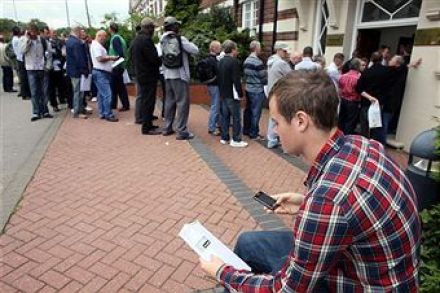The New State Religion
Regardless of the merits of Nadine Dorries’ attempt to re-open the abortion debate, consider this depressing-but-revealing part of Zoe Williams’ critique: There are two main problems with Nadine Dorries’s amendment to the health and social care bill: the first is that it looks innocuous. Who could object to independent counselling for women seeking abortions? It sounds so generous and caring, like getting free dental work when you’re pregnant. The second problem is that any discussion of the abortion amendment risks drawing fire away from the rest of the bill, which desecrates the NHS. There is no answer to that, apart from to carry on protesting against the whole thing. Emphasis















